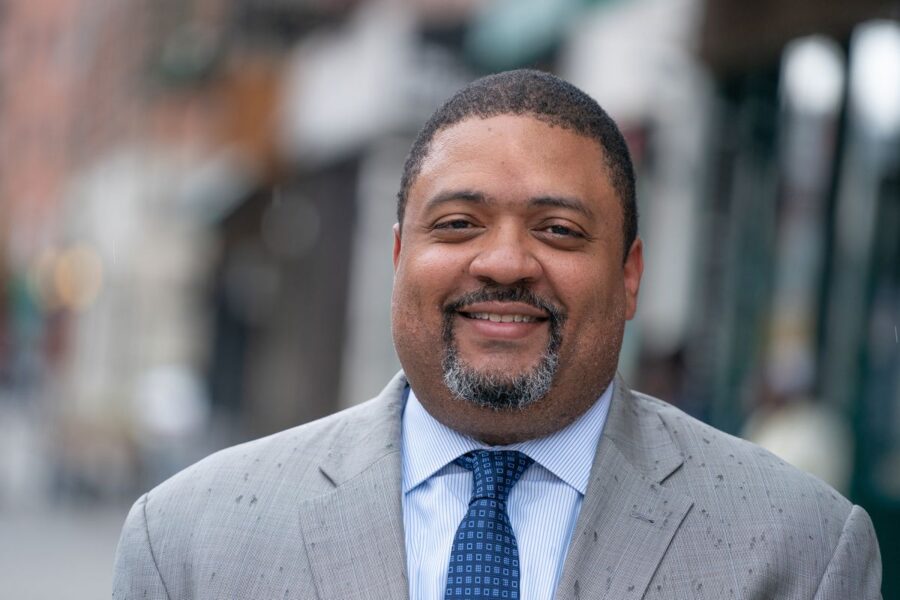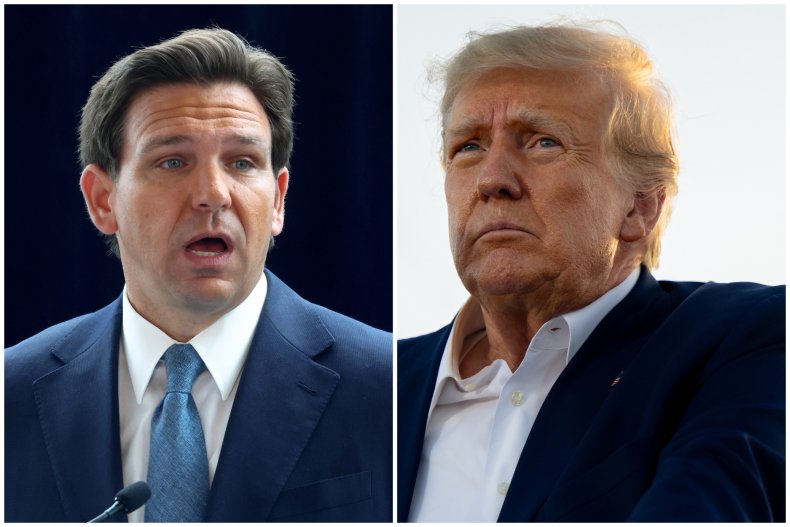|
Getting your Trinity Audio player ready...
|
By: Manny EJR
What happened in New York City is unprecedented. A former president has been indicted for the first time in American history. In this country’s history, the American people have never known a president like Donald Trump. This indictment is unsurprising; even Trump’s supporters knew he would be indicted. This may be one of many indictments. The Prosecutor in Fulton County, Georgia, is conducting her own investigation into Trump’s attempt to change the result of the Georgia presidential election; the United States Justice Department is also investigating Trump’s involvement in the January 6 insurrection in the capitol.
This is the moment that most Americans have been waiting for, to see whether there are two justice systems, one for the rich and powerful and another for everyday people. Donald Trump has been committing financial crimes since the 1970s, and for some reason, he has always gotten away with it until now. There are two reasons why The Donald was indicted. One is that he is guilty of those crimes, as his co-conspirators have admitted. Second, the political aspect of this case cannot go unnoticed; Trump is hated with a passion by all Democrats, especially the progressive Democrats like the current District Attorney of Manhattan, Alvin Bragg.

The big question on everyone’s mind is whether this New York indictment will stop Trump from running for president. According to many observers, this indictment could reshape the 2024 elections in ways that most of us may not expect. What if Donald Trump wins the Republican primary and the presidency? Is that possible? Will Americans vote for a convicted felon for president, assuming that Trump is convicted?
There is the GOP presidential primary, where every Republican contender must immediately decide just how tightly to embrace the first current or former president ever indicted. And they’ll need to fine-tune their messaging in the absence of many soon-to-be-disclosed details of Trump’s alleged role in a scheme to pay hush money to a porn actress, Stormy Daniels, during the 2016 presidential campaign.

One of Trump’s potential longshot challengers, former Arkansas Gov. Asa Hutchinson has already said Trump should quit the race if he is indicted. Yet Trump’s enduring popularity with the Republican base means Hutchinson will be in the minority.
Trump’s main competition at the moment, Florida Gov. Ron DeSantis, may have set the tone with a quick-out-of-the gate statement that ensures he remains in the good graces of the party grassroots yet preserves his ability to privately advance a message that the political and legal drama surrounding Trump makes him unelectable in a general election. The political and legal drama surrounding Trump makes him unelectable in a general election.
“The weaponization of the legal system to advance a political agenda turns the rule of law on its head. It is un-American,” DeSantis said in a tweet. “The Soros-backed Manhattan District Attorney has consistently bent the law to downgrade felonies and to excuse criminal misconduct. Yet, now he is stretching the law to target a political opponent. Florida will not assist in an extradition request, given the questionable
circumstances at issue with this Soros-backed Manhattan prosecutor and his political agenda.”
DeSantis was careful not to mention Trump by name. But other prominent Republicans — ranging from House Speaker Kevin McCarthy to Ohio Sen. J.D. Vance failed Arizona gubernatorial candidate Kari Lake — did, characterizing the indictment as an abuse of power and political persecution.

With several other separate criminal investigations of Trump still ongoing, the argument surrounding Trump’s electability — which is being pushed by former New Jersey Gov. Chris Christie, among others — becomes much more compelling. The question is whether it’s enough to overcome Trump’s solid, unmovable base in a primary. That calculation, in turn, could ripple through the primary, shaping the size of the GOP field and the party’s tolerance for low-performing candidates who end up
splintering the vote.
An indictment — or conviction — would not bar Mr. Trump from running. And polling suggests an indictment wouldn’t dent Trump’s popularity among his supporters. However, the effects on the rest of the party are a different story. Trump’s polarizing politics led to losing the House, Senate, and White House on his watch. The party’s fortunes in the politically essential suburbs have nosedived since his 2016 win. His prominent role in the 2022 elections helped torpedo the party’s chances in a campaign cycle that once seemed to offer the promise of huge GOP gains.
Now, Trump again figures to loom over the 2024 election landscape, whether or not he captures the presidential nomination. In down-ballot races, GOP candidates will be at risk of having their message drowned out by consistent questions about Trump. Republican primaries will again likely be marked by MAGA loyalty tests.

For candidates in competitive congressional and statewide elections, at the end of that gauntlet comes a general election with a broader electorate — the broader electorate responsible for keeping Trump’s approval ratings below 50 percent during his entire term in office.
For now, a criminal trial in New York featuring Donald Trump will be something not to miss. Trump will be on television 24 hours a day, and for a man who is very good at using the media, no one is sure how this will turn out. Could this turn out very badly for the Democrats? Or could Trump takes down the Republican party with him?

